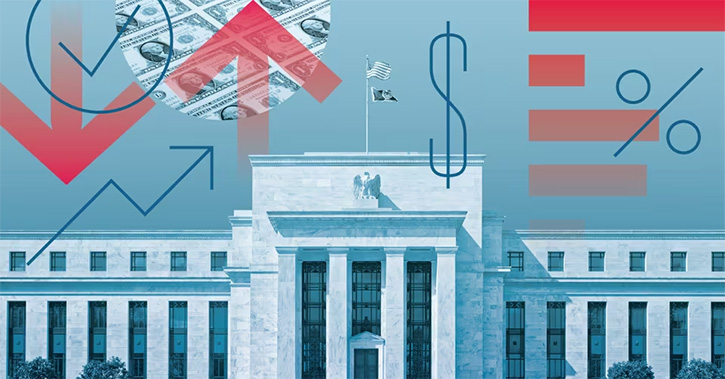British Prime Minister Theresa May has survived a no-confidence motion launched by her Conservative party colleagues, receiving 200 votes for and 117 against.
The embattled leader, who faces an uphill Brexit battle from within her own party, Jeremy Corbyn's Labour Party opposition and an increasingly sceptical public, is safe for now. Under Tory party rules, no further vote to remove a sitting leader can be held for at least 12 months.
While the vote quells a revolt within her party, it leaves her politically wounded, and the route to Brexit unclear.
Ahead of the vote, European markets rallied slightly yesterday. Sterling was up 0.4 per cent against the dollar to $1.25, and UK bank stocks – deemed most sensitive to May's proposed hard Brexit – remained largely unmoved.
"As the news flow around Brexit shifts rapidly, the key is to understand how the various scenarios are being priced into currency, equity and fixed income markets," said James Foot, analyst, Morningstar Investment Management Australia.
"Leading into the confidence vote, we have been watching developments closely, and our focus has been on those assets that have been oversold. It is these types of opportunities which we think investors benefit from most over the longer term, as opposed to trying to predict the exact path that any Brexit outcome will take," Foot said.
In currency movements, Morningstar Investment Management "remains positive on the British Pound at current levels, but recognise the potential for substantial price moves in the short term," he added.
Morningstar US analyst Alex Morozov said that while some British automotive firms would suffer under a no-deal Brexit, the disruption would be mostly short term in nature.
"As bottom-up, fundamental, long-term-focused analysts, however, we do want to ensure our industry analysis and models adequately account for the macroeconomic and political risks. In this research, we use a worst-case scenario of a disorderly no-deal Brexit to stress test models for our companies with the greatest exposure to the UK economy and Brexit," he said.
May will now travel to Brussels on Thursday to continue her efforts at "selling" Brexit to EU leaders, with hopes of enlisting their support. The British PM will not bring any revised Brexit deal back to parliament until January, ahead of the 29 March Brexit deadline.




















